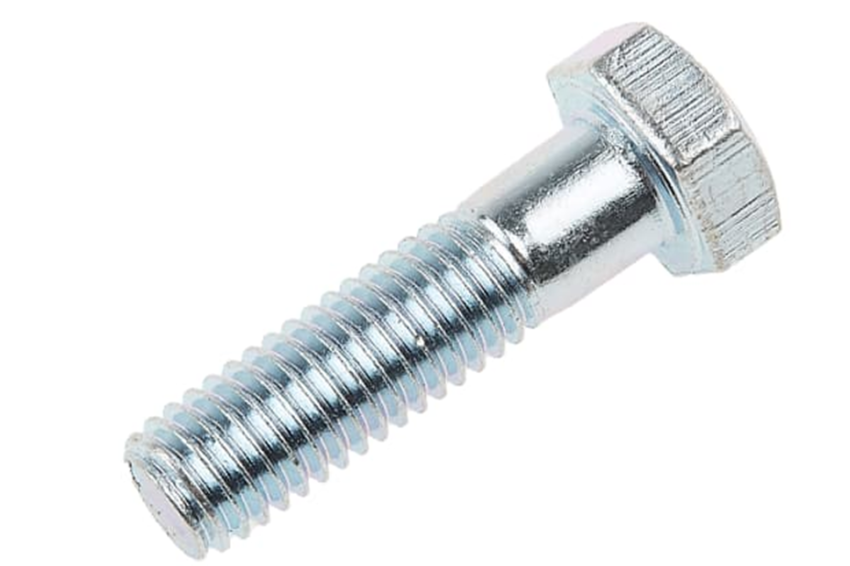No matter where you look, there are fasteners literally keeping things together. Whether it be a major industrial application or a smaller DIY project around your home, fasteners make the world go round.
One of the most important fastener types is the hex head screw. This special fastener can be used in heavy-duty applications or really anywhere that you need additional torque force. Read on to find out all you could need to know about this critical fastener.
What are Hex Head Screws?
If you aren’t familiar, a hex head screw from a vendor like RS is just like most others except for one thing. It has a very discernable hexagonal head that serves a few key purposes. The body of these bolts or screws are either fully or partially threaded and serve a plethora of uses from business applications to home improvement.
Hex head screws come in a huge array of materials, sizes, types, and finishes, all while providing superior torque and flexibility. You might hear these referred to as hexagon bolts and hex head bolts, though they serve the same purpose no matter what the name.
How Do They Work?
Using a hex head bolt is simple. The hex bolt can be used either with nuts or a pre-tapped hole. It all depends on what kind of application you need it for. Tightening them is simple because you can use a huge range of tools – like socket sets, hex keys, a hex bolt wrench, or ratchet spanners – to perform the application.
The hex head provides superior grip, allowing for better tightening power regardless of the angle. Removal and installation becomes easier and there is no concern of rounding out a hole as other screws have. Even in areas where space is critical, there are tools that can make removing a hex head screw a lot quicker and easier.
Hex Head Screw Material Types
There are far too many materials to cover in this space, just know that there are different available materials depending on the application. You could be looking at plain, black oxidized, clear passivated, zinc, or bright zinc-plated hex head screws. For now, let’s focus on the three main material types.
Steel hex head. Steel is going to be the most common hex head material type you run into. They come in different grades and strengths, ranging from EN8 to EN16. The higher the number you find, the stronger that steel will be.
Stainless steel hex head. Where you need a nicer finish, a stainless steel hex head screw would be a better fit. Not only do these look better, but they also have strong corrosion-resistant properties as well. These screws can be used in both indoor and outdoor applications. You could go with zinc-plated steel for outdoor use as well.
Brass hex head. Brass is the final material type we’ll look at. They aren’t as common as steel or stainless steel, but they are highly resistant to corrosion. The negative about brass is that it is a lot more expensive, so most people will look for cheaper alternatives.
Hex Head Screw Types
There are two types of hex head screws you are going to find: partially and fully threaded. Partially threaded have part of the screw smooth instead of possessing threads. They have strong resistance and the design ensures that there are no weak spots.
Fully threaded hex head screws are for heavy-duty fastening applications. They have greater strength than the aforementioned partially threaded and provide superior torque strength as well. For intermediate applications, partially threaded is fine but you would need fully threaded screws for heavy-duty applications.

